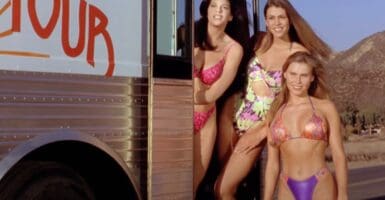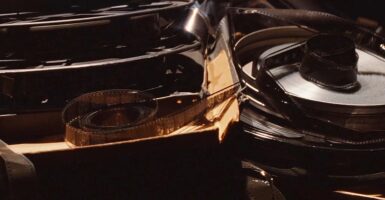Mickey Rourke’s Best Movie Is Sin City, Here’s Why
Mickey Rourke's comeback movie Sin City is his best because it forces you to sympathize with a monster.
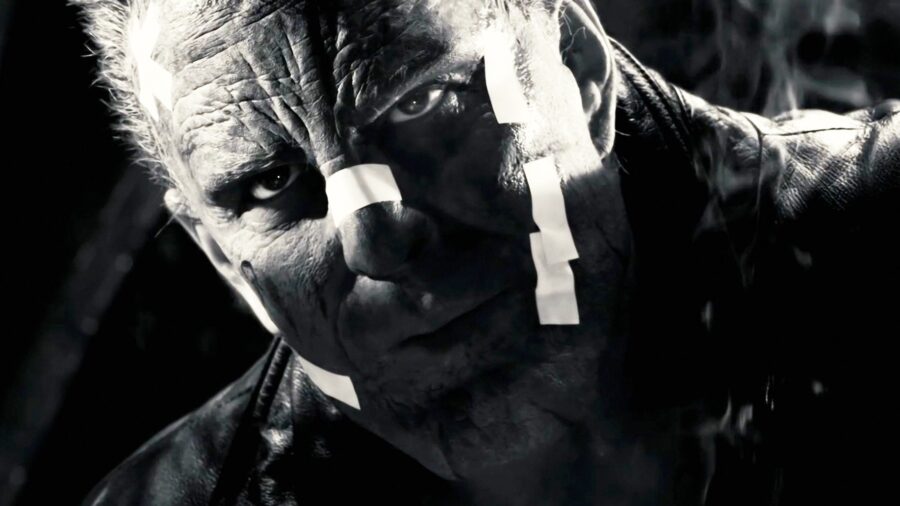
Mickey Rourke is one of the strangest figures in modern Hollywood, an actor universally recognized for both his talent and the bizarre arc of his career. Is there any other actor who began his career working with Francis Ford Coppola, became an undefeated professional boxer, and contributed a rap verse to a David Bowie song? However, there is a definitive high point of Mickey Rourke’s career, the 2005 Robert Rodriguez comic book adaption Sin City.
Sin City is one of the strangest comic book film adaptations ever made, a movie that owes far more to Quentin Tarantino’s Pulp Fiction than it does the adventures of Superman or Spider-Man’s adolescent angst. It also helped pull Mickey Rourke’s career out of the ravine it had been in since the late 1980s. Earlier that decade, he had exploded on screen in movies like Coppola’s Rumble Fish and Barry Levinson’s Diner, only to sink into lesser action movies alongside Jean-Claude Van Damme and Dennis Rodman and, even worse, a steady stream of direct-to-video releases.

However, Sin City was the lifeline that Mickey Rourke needed in the early 2000s, and he grasped it with two huge, monochromatic hands. The Frank Miller adaptation was a revelation in 2005, a movie that utilized digital photography not to enhance its special effects, but to create an entire world years before Marvel Studios was a glint in Kevin Feige’s eyes. But where Marvel creates shiny, smooth worlds for its heroes, there is only one word to describe the titular Sin City: dirty.
Sin City is full of dirty things: dirty cops, dirty deals, dirty rotten scoundrels. But among the killers and criminals of Miller’s heated neo-noir imagination, Mickey Rourke’s Marv is the worst; not because he is evil or even particularly malicious, but because he is simply an unstoppable, borderline inhuman force of violence that cannot be stopped once is set in motion.
Robert Rodriguez (who shared directing credit with Frank Miller, resulting in his resignation from the Director Guild of America) took a cue from his buddy Tarantino and structured Sin City as a series of overlapping, non-chronological storylines, all adapted from various storylines of the original comics.
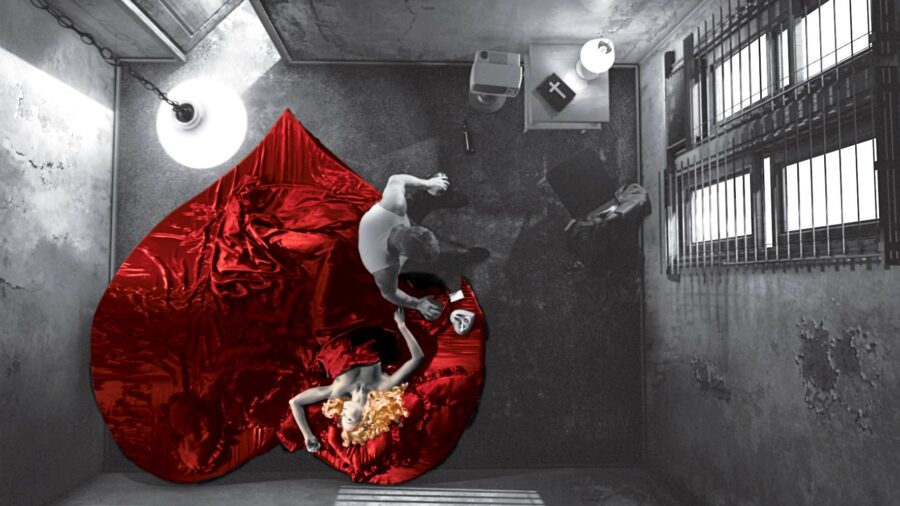
Mickey Rourke’s violent revenge spree is taken from “The Hard Goodbye,” the very first and perhaps most iconic tale from Sin City. As Marv, he wakes up next to a beautiful dead woman (shot in luminous gold and red, in contrast to the rest of the harsh monochromatic city), finding himself immediately wanted for her death.
The rest of Mickey Rourke’s plot is essentially a gruesome, gore-filled whodunnit, as Marv kills and tortures his way across the city to get vengeance for a woman (Jaime King) he barely knew. But that is what makes Mickey Rourke’s storyline the beating, surprisingly tender heart of Sin City; the idea that even a touch of tenderness in a world as dark as this one is something to be treasured, and to be brutally avenged.
Sin City was a huge comeback role for Mickey Rourke, and for good reason. Even buried under layers of makeup and digital effects to become an Expressionistic hulk, Rourke radiates equal amounts of sardonic humor, pathos, sadism, and surprising sorrow as Marv. His fights with the silent, cannibalistic serial killer Kevin (Elijah Wood, in a role that presages his post-Lord of the Rings interest in horror) are highlights of the film that goes by in seconds, brilliant set pieces of quick-cutting action in murky darkness.
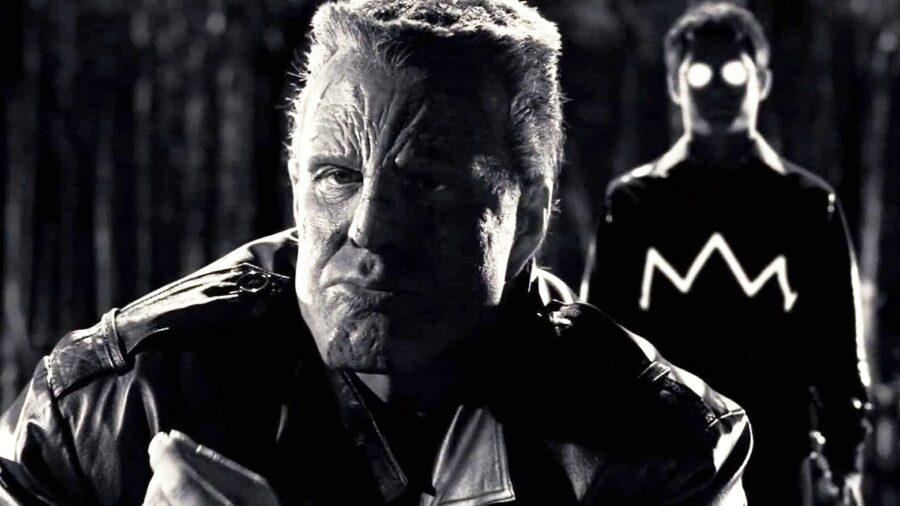
Mickey Rourke would follow up Sin City a few years later with the acclaimed Darren Aronofsky film The Wrestler, which cast him as a washed-up performer whose 1980s glory years are far behind him. While the merits of the film are not to be dismissed, much of the power of the film comes from casting Rourke as a character so reminiscent of himself, not from the story itself.
In contrast, Sin City is a movie full of dense, convoluted plots and bizarre characters, all of whom bump against each other in their schemes and attempts at finding some better kind of life. And in the middle of it, Mickey Rourke stands as Marv, a figure as much of a murdering monster as he is a righteous avenger. There’s a reason why Mickey Rourke’s career found a new wind with Sin City, and it all has to do with the sympathy he forces you to find for a killer like Marv.









